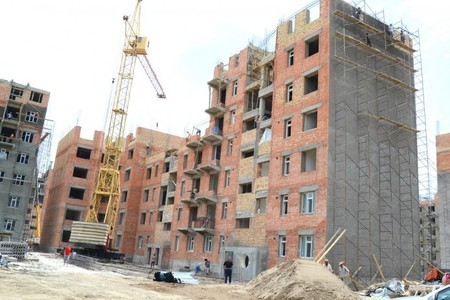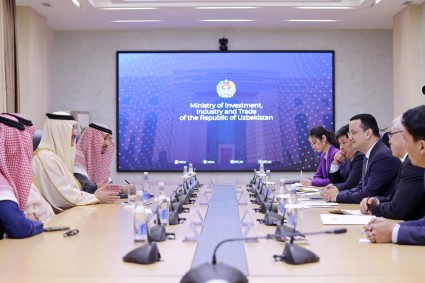A project to improve energy efficiency in construction has been launched in Armenia, Georgia, Kyrgyzstan, the Republic of Moldova, Tajikistan, Ukraine and Uzbekistan under the auspices of the United Nations Economic Commission for Europe, the UN news service said in a statement.
The statement says that today the construction industry accounts for 40% of global carbon dioxide emissions due to energy and manufacturing processes. To achieve "zero" emissions in this area by 2050, it is necessary to halve direct carbon dioxide emissions by 2030.
The new project is designed to facilitate the construction of highly efficient buildings and to establish the supply of energy-saving materials, technologies and equipment for construction.
The project also aims to link the benefits of energy efficient buildings to nationally determined contributions to combating global warming and promoting sustainable development. It is not only about saving energy during construction, but also about maintaining energy-efficient building management methods upon completion of the project, the report says.
According to Olga Algaerova, Executive Secretary of the United Nations Economic Commission for Europe, financing the construction of high-performance buildings and upgrading existing ones can quickly revitalize the local economy, create decent jobs throughout the construction industry chain, and provide better living conditions for many.
In recent years, greenhouse gas emissions from the construction industry due to energy and manufacturing processes have been on the rise, the report said. This is partly due to the move away from coal, oil and conventional biomass and the switch to electricity. At the same time, fossil fuels are still used to generate electricity, which leaves a large carbon footprint.
The authors of the new project are confident that the active reduction in energy demand in construction, decarbonization of the energy sector and the use of energy efficient materials will slow climate change and bring significant benefits to the economy.
Experts urge authorities to support building renovation projects, channel investments in low-carbon infrastructure and support companies that provide energy-efficient materials and green jobs.














